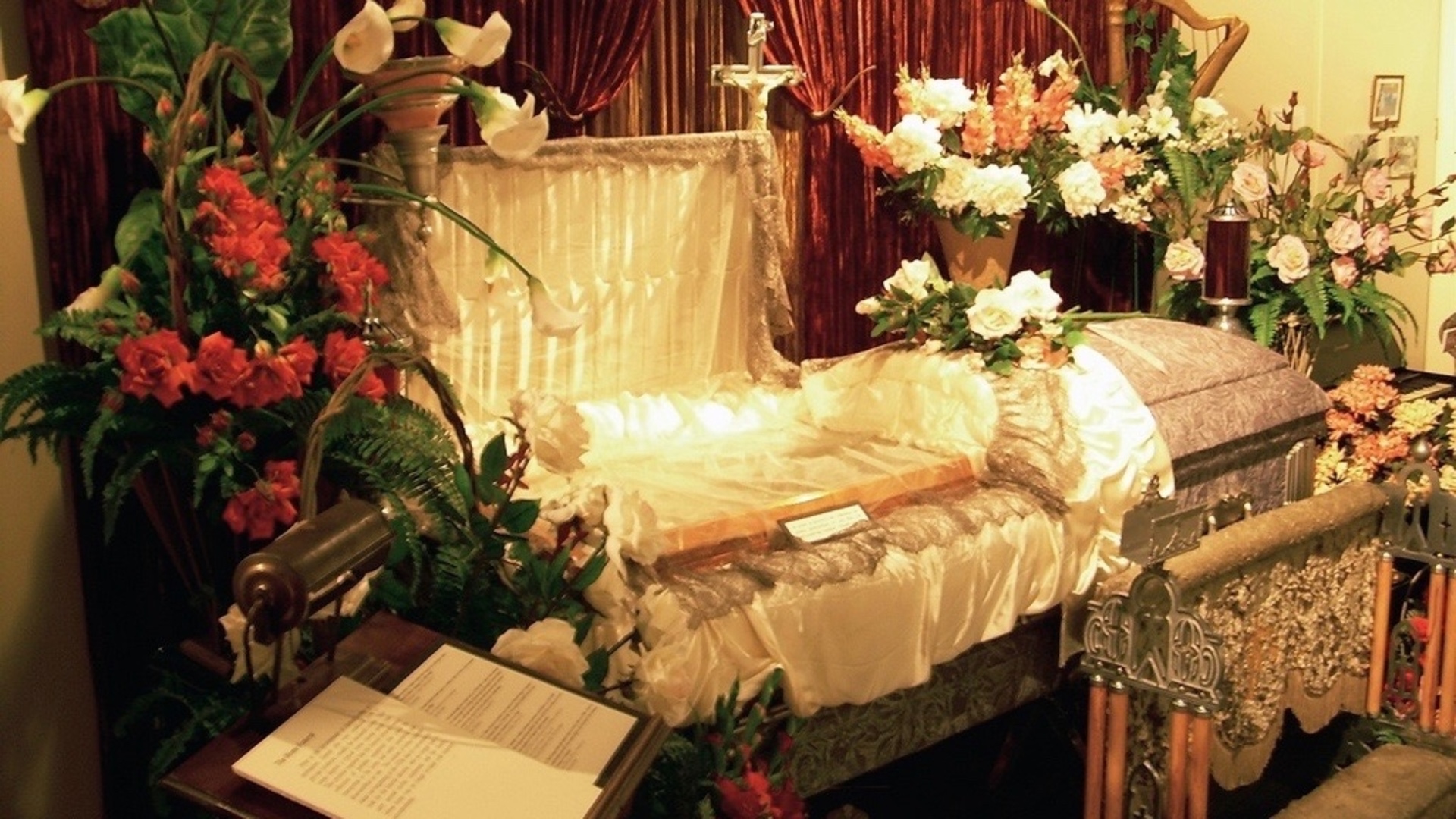Linda* had just been travelling the world and and planned to spend a year back in Scotland before emigrating to Australia.
But shortly after she returned six years ago, her mother died of cirrhosis of the liver. She had been living in poverty and Linda was not working.
Aunts and uncles were estranged; even so, when Linda applied for the DWP’s Funeral Expenses Payment (FEP), she was asked for their national insurance numbers to check if they were earning. To complicate matters further Linda had not yet applied for any of the benefits you have to be receiving to qualify for the FEP, so even once it had been established that she was the responsible family member, no money was forthcoming.
Those events changed the course of my life. I never went to Australia
A friend of Linda’s gave her the £400 the funeral directors were demanding up front and – having applied for the benefits – she eventually received around £1,000. But the funeral cost in excess of £3,000, so she also took out a loan for the remainder. “I didn’t collect my mother’s ashes until I had paid it all off,” she said. “I felt shame to have a debt in relation to someone who had died.”
Thirteen months later, Linda’s father suffered a fatal heart attack. By then she was working full-time – juggling her job with college – and so was forced to pay for that too. “Those events changed the course of my life,” she said. “I never went to Australia.”
Linda’s story is not unusual. With the average cost of a cremation now £4,721, according to SunLife Insurance, and the average burial cost of £4,798, it is out of reach for many people living in poverty.









